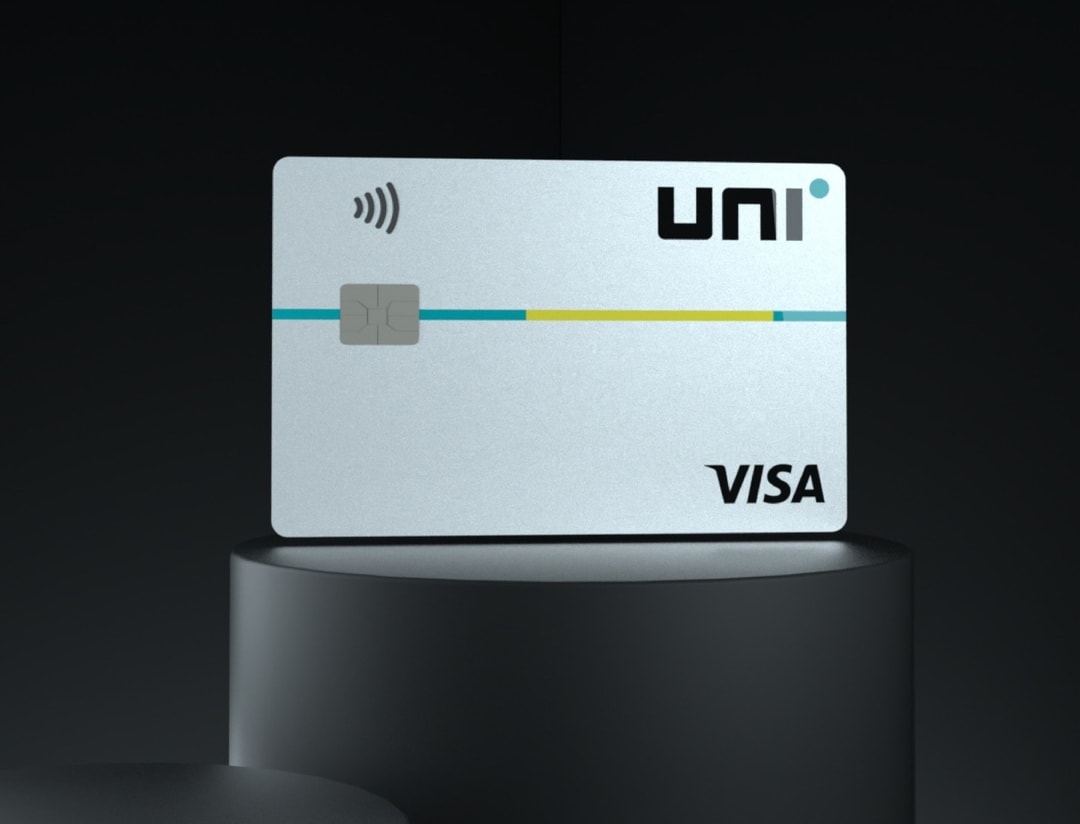Difference between Uni pay 1/3rd Card vs Onecard Credit Card

The UNI pay 1/3rd credit card and Onecard credit card are two of the revolutionary credit cards bringing a simplified way of making payments. Both the cards have their features and benefits and can be held by different card users depending upon their requirements.
Let’s talk about both the cards one by one
What is the Uni pay 1/3 credit card?
Uni pay 1/3rd credit card launched by Uniorbit Technologies (UNI) in partnership with RBL Bank, State Bank of Mauritius, and Liquiloans. With the UNI pay 1/3rd credit card, you can choose to pay your bills monthly in three-part over three months with no extra charges. The UNI cards can be a life saviour at the time of financial distress when you may have trouble paying your dues.
What is a Onecard credit card?
Onecard credit card is a powerful metallic credit card launched by FPL Technologies. OneCard is a Visa credit card. The card is in partnership with IDFC First Bank, Federal Bank, and SBM Bank. The card has reward points features and no annual or joining fees.
The features and benefits of Uni pay 1/3rd credit card:
No annual or membership fees:
The Uni pay 1/3rd credit card charges no annual fee or joining fees. Thus, it is a lifetime free credit card.
Spend anywhere and everywhere:
You can choose the card for buying anything ranging from groceries and essentials, bills and utilities, or fashion sales.
Pay in three parts over three months:
The card is the first of its kind in India that allows its customers to pay their monthly bills in three instalments over three months at no additional cost
Pay in 1 month for 1% cashback:
You get to win a cashback reward price if you pay in the full post the 30-day free credit period.
UNI card acceptance:
Your Uni pay 1/3rd card is accepted at 99.9 per cent of the merchants across the country.
Data protection and security:
The card also comes with data protection, security, and encryption of your data, ensuring that no one can counterfeit it.
The features and benefits of the Onecard credit card:
No annual, joining or reward redemption fees:
The card asks for zero joining fees. It is also a lifetime credit card and asks for no reward redemption fees.
Metallic credit card:
The Onecard is not like the traditional credit cards with plastic bodies. It is a credit card that is exclusive and exquisitely crafted with metal.
Seamless onboarding:
The card has a completely digital onboarding process. It activates your OneCard in less than 5 minutes.
Reward points:
You get 5X rewards on the Top 2 spend categories.
Points are credited instantly and never expire. You can swipe right to redeem. Therefore, there’s no more rounding off or even fractional points.
Who should apply for Uni pay 1/3rd card?
The Uni card is a good option if you are new to credit cards. It does not have many rewards and offers, as in the case of premium credit cards.
So, the card can also be beneficial when unforeseen financial constraints. So, if you don’t have a high or stable-income source, you can apply for a UNI card. However, if you are looking for offers and benefits such as lounge access, fuel surcharge waivers, and travel benefits, a traditional credit card is an option.
Who should apply for a Onecard credit card?
The Onecard credit card is also an entry-level credit card. The card does not have many reward points and other added features such as waivers, travel benefits and lounge access. Thus, the credit card is only a good option if you start with credit cards.
Summing up:
After reading this blog, you know the benefits and features of cards and who should apply for both cards? So now you know that if you are starting with credit cards, you can think about applying for either a Uni card or a Onecard credit card.
However, one thing to keep in mind is that you need to have a good CIBIL score to be eligible to apply for the cards. If you have a good CIBIL score and have compared the cards, you can apply for the card that suits your requirement.
Read Also: Why should you avail a travel loan?




